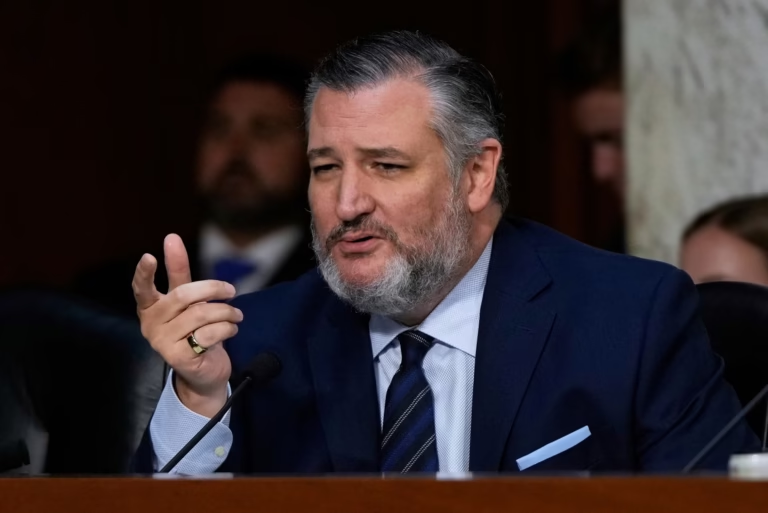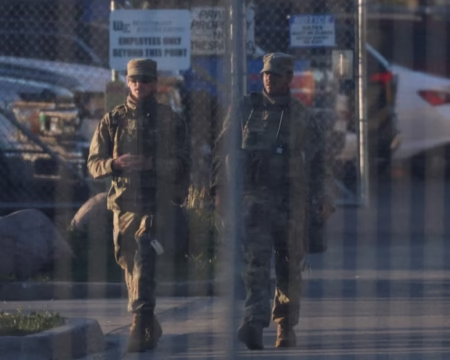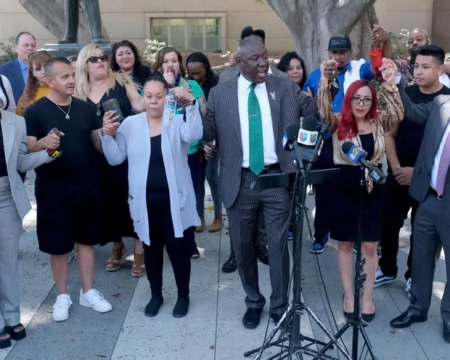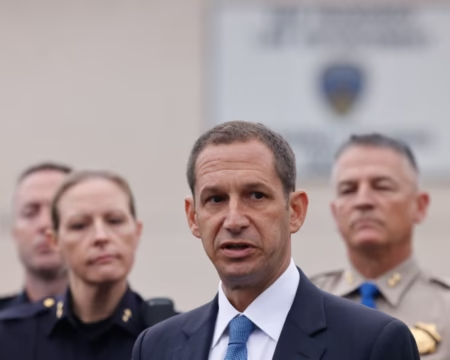Senator Ted Cruz, a Republican from Texas, likened Federal Communications Commission chair Brendan Carr’s threats to revoke ABC broadcast licenses to tactics used by mobsters in the movie Goodfellas. The threats came after late-night host Jimmy Kimmel made controversial commentary.
Speaking on his podcast, Verdict with Ted Cruz, the senator said that while he personally approved of Kimmel being suspended, the FCC’s actions raised serious First Amendment concerns. Cruz, a Harvard Law graduate and former clerk for U.S. Supreme Court Chief Justice William Rehnquist, emphasized the broader implications.
“Jimmy Kimmel has been fired. That is a personal victory for me,” Cruz said. “But when a government agency threatens to cancel a broadcast license, it crosses into dangerous territory for free speech.”
Cruz described Carr’s statements as “unbelievably dangerous.” He warned that if government agencies start policing media content, it could backfire on conservatives when Democrats regain power.
“He explicitly says, ‘We’re going to cancel ABC’s license. We’re going to take him off the air so ABC cannot broadcast any more,’” Cruz explained. “He adds, ‘We can do this the easy way, but we can do this the hard way.’ That is straight out of Goodfellas. It is a mafioso tactic, threatening a business over speech.”
While Cruz condemned Kimmel’s comments and supported his removal, he stressed that government overreach could set a harmful precedent. “I hate what Jimmy Kimmel said. I am thrilled he was fired. But if the government begins dictating what the media can or cannot say, it will eventually hurt conservatives,” he said.
The controversy intensified after former President Donald Trump weighed in during an Oval Office event. When asked about Cruz’s comments, Trump defended Carr, calling him a “patriot” and a “courageous person.” Trump suggested that some networks might be “illegally” using airwaves to broadcast negative coverage about him.
“When you have networks giving someone 97% bad publicity, that is dishonesty,” Trump said. “I disagree with Ted Cruz on this. Brendan Carr is protecting the airwaves from misuse.”
Trump’s assertion that major networks were overwhelmingly negative toward him appeared influenced by analysis from NewsBusters, a conservative media watchdog founded by L. Brent Bozell III, Trump’s nominee for U.S. ambassador to South Africa. The claim, however, was based on subjective interpretations of network coverage rather than independent verification.
The dispute has drawn attention to the limits of federal authority over broadcast media and the potential impact on freedom of speech. Experts say the FCC’s power to revoke licenses exists but is rarely used, and threats of this nature are seen as exceptional and highly controversial.
Cruz’s remarks highlight growing concern among politicians about the balance between regulating media and preserving constitutional rights. The senator’s comparison to mob-style intimidation underlines the intensity of debate over government involvement in media content.
As the controversy unfolds, free speech advocates and political analysts continue to monitor FCC actions and potential consequences for media independence. The case may set a precedent for how government agencies interact with broadcasters in politically sensitive contexts.







